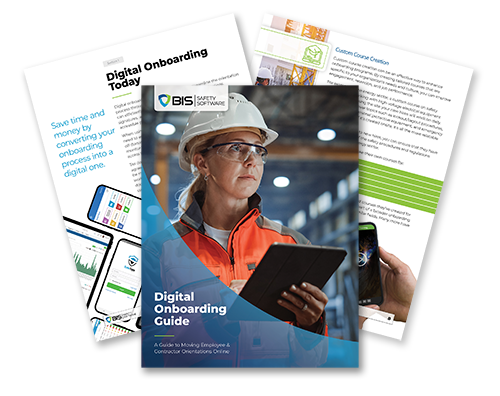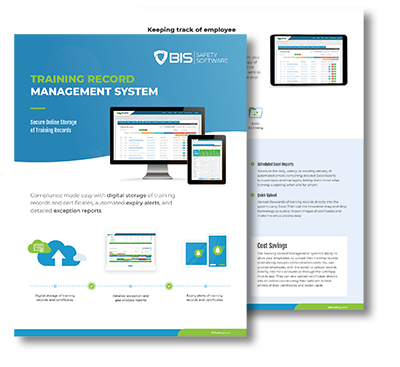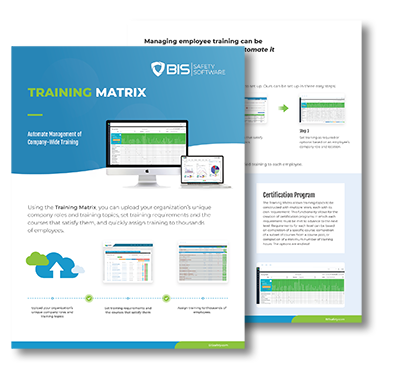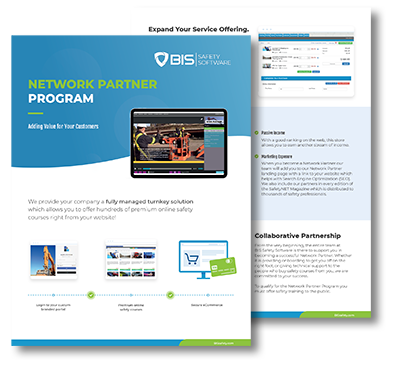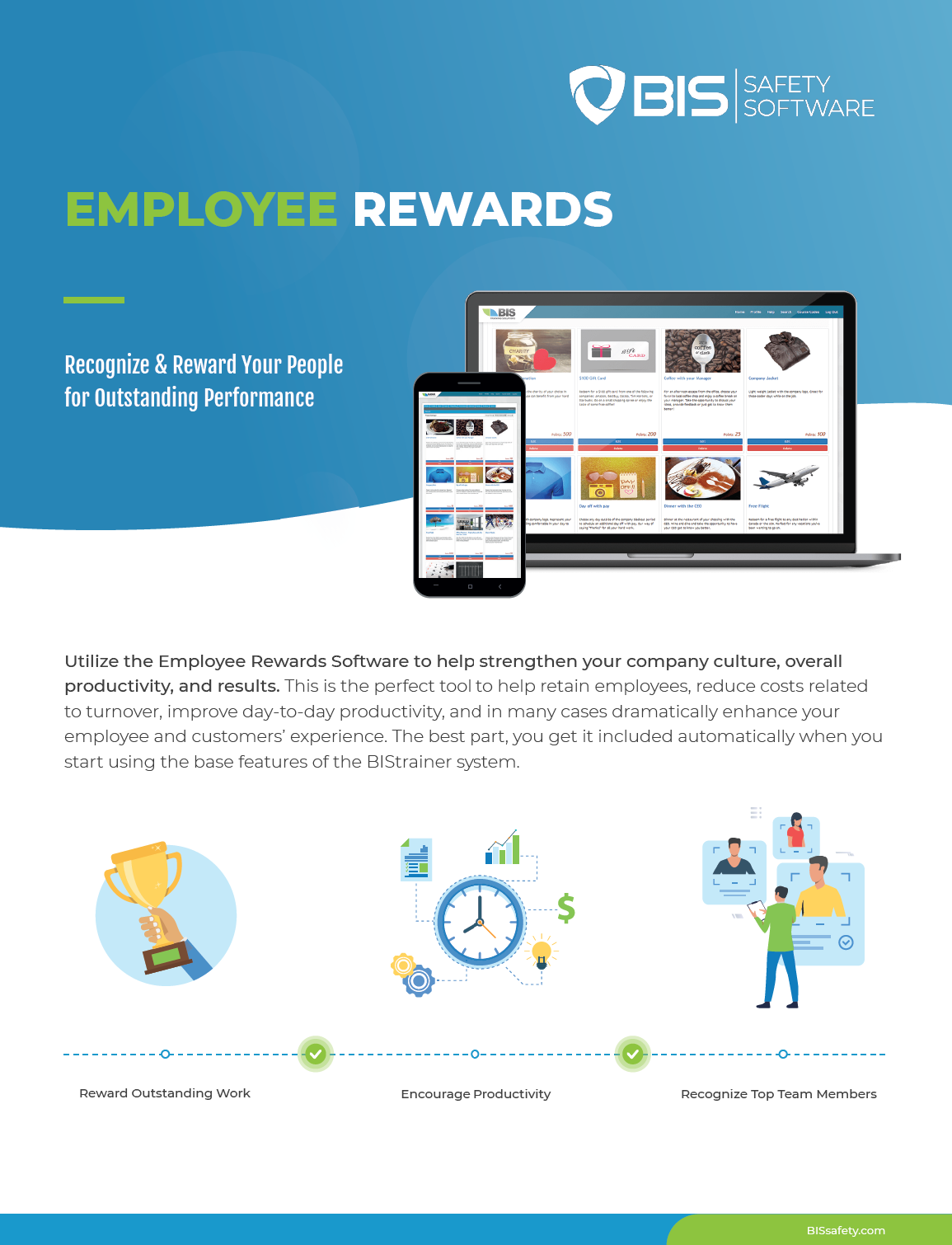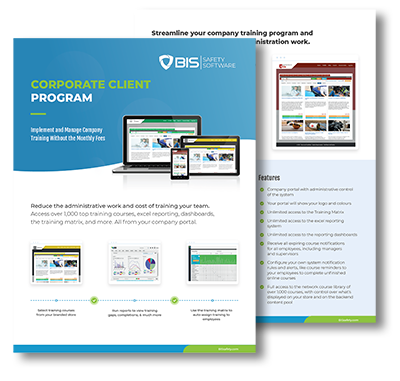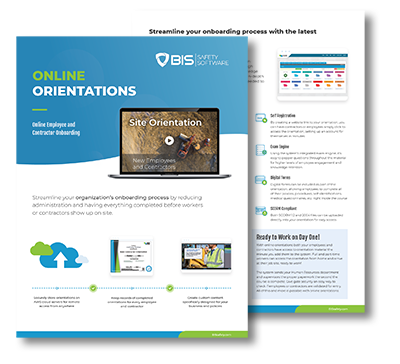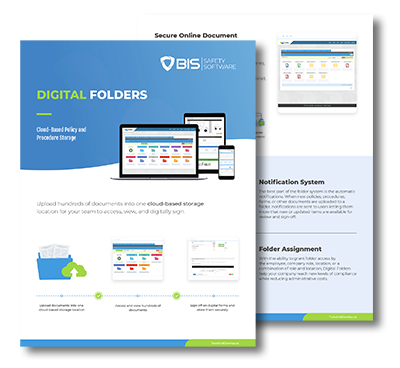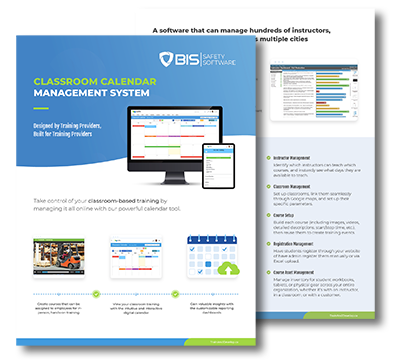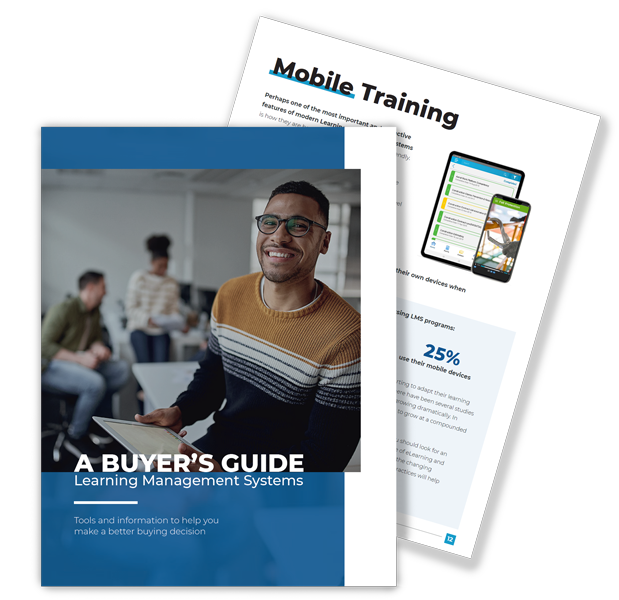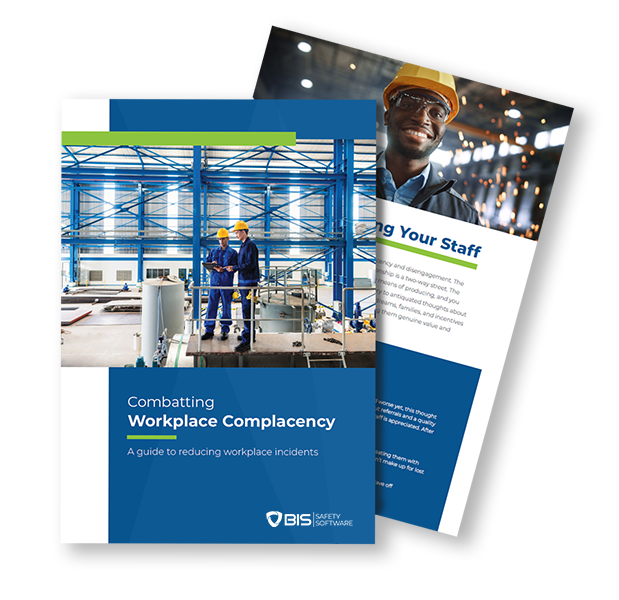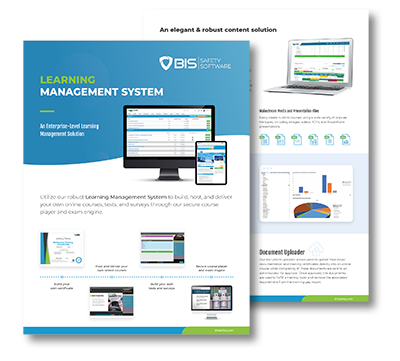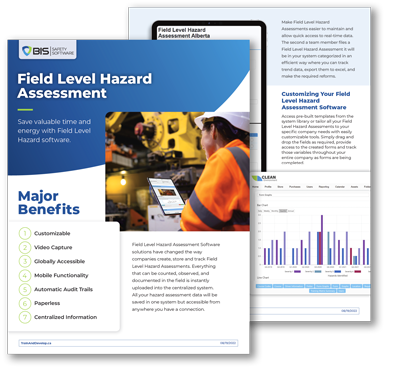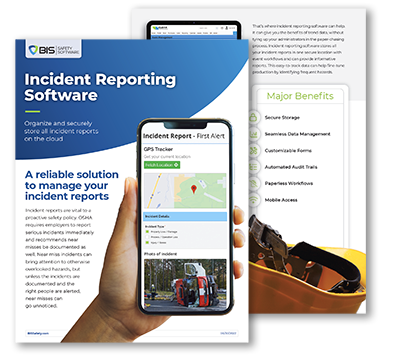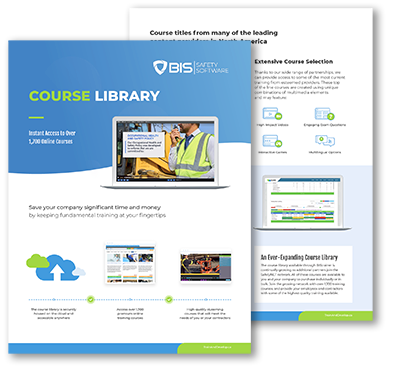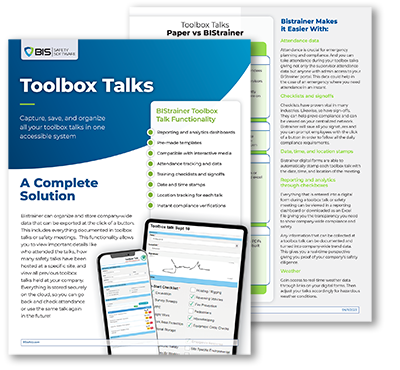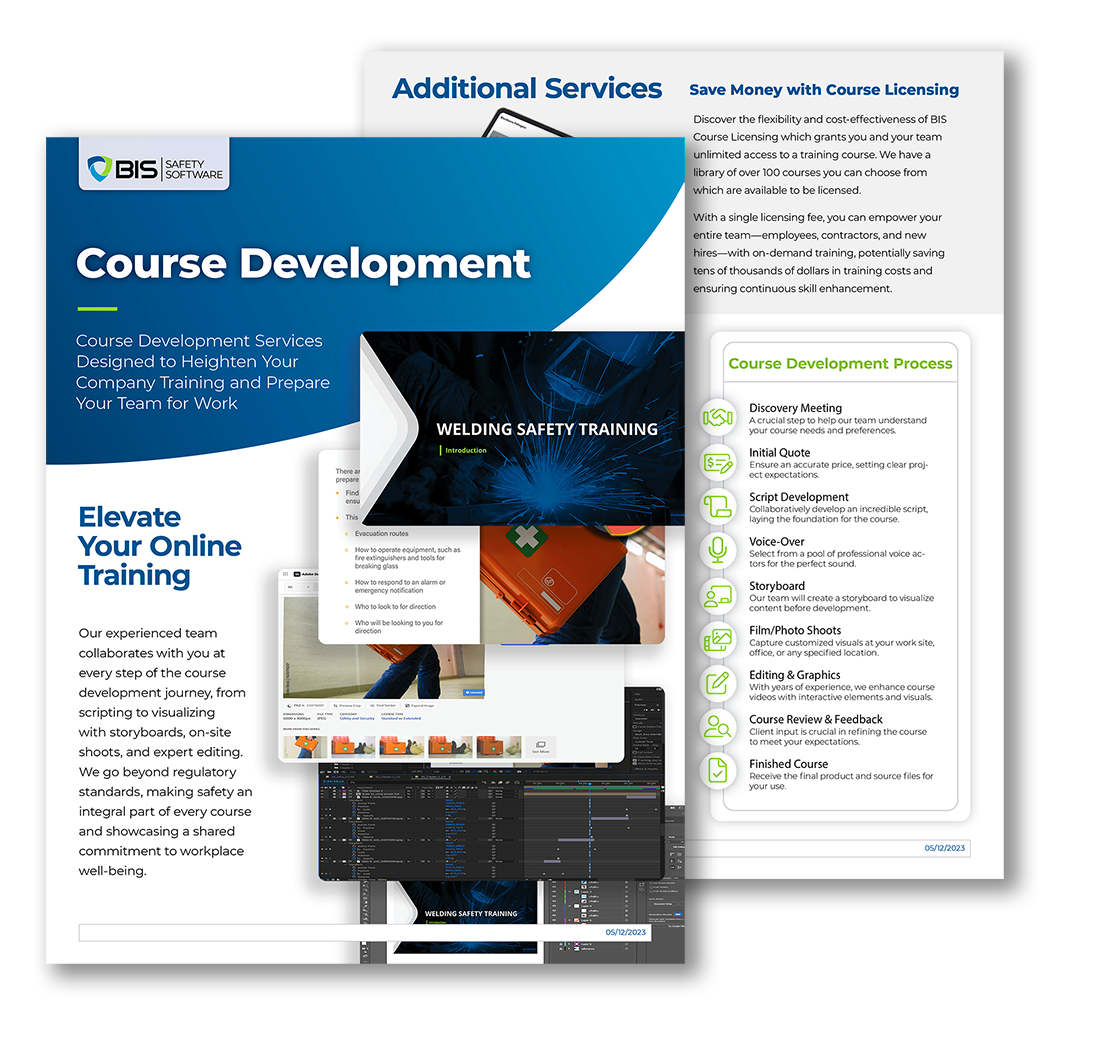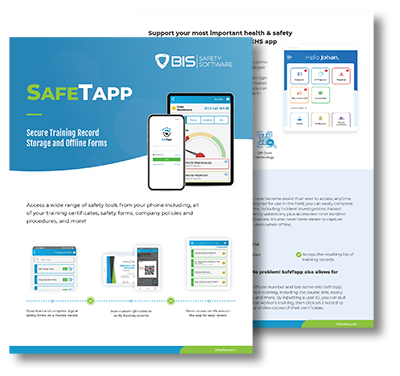
Top Driver Safety Tips to Keep You Safe on the Road
Each year, more than 38,000 Americans die in car crashes and another 4.4 million people are injured. This death rate is 50% higher than similar countries, including neighboring Canada. Fortunately, many of these accidents are preventable. There are simple but effective driver safety tips to keep you safe on the road, and the seven best practices are below.
1. Get Good Rest
Many drivers habitually push through fatigue and tiredness to finish deliveries, taking pride in the fact they can complete them even when exhausted. However, driving on too little sleep is dangerous because it causes delayed reaction times, poor decision-making, and fatal accidents.
The National Highway Safety Traffic Administration (NHTSA) found that there were 91,000 police-reported crashes that involved drowsy drivers in 2017. And according to a 2016 study, driving after only 4-5 hours of sleep is as risky as driving slightly over the legal alcohol limit.
Build plenty of time to rest in your schedule, and do not start your trip if you were unable to get the adequate sleep beforehand.
2. Know the Hours of Service Regulations in Your Area
Lawmakers recognize that drivers are under a lot of pressure to complete jobs on time. Being on the road for too long without periods of rest can lead to anxiety, exhaustion, and ultimately, crashes. Drive safety solutions such as Hours of Service were created to prevent companies from overworking their employees and to keep drivers safe.
Before you hit the road, be sure you know the hours-of-service rules for every province and/or country on your route. For example, if you have to drive into Canada, it is your responsibility to know the regulations for each province through which you pass.
3. Eat Healthy While on the Road
Eating while driving is a risky distraction, but even the type of food you eat can have negative consequences. Gas stations and fast food restaurants offer quick meals, but most of the food can cause side effects like fatigue, lethargy, and spikes in blood sugar – all of which could result in inadvertent crashes.
On the flip side, do not drive hungry. Hunger increases anxiety and can cause you to unwittingly increase your speed. During your trip, choose healthy food, high-protein snacks, and drinks that are low in sugar and caffeine.

4. Avoid Alcohol and Drugs
Consuming alcohol or taking drugs before getting on the road is reckless and life-threatening. The NHSTA reports that someone dies from drunk driving every 50 minutes, so it is clear that driving under the influence makes you a danger to yourself and others.
But you should also monitor your doses if you decide to take legal drugs or stimulants while on the road. Many drivers think medication or caffeinated beverages will keep them awake, but it is easy to take too much and experience adverse effects.
5. Drive According to the Weather Conditions
In the U.S., 21% of vehicle accidents are weather-related. While you may be tempted to stay on the road despite bad weather, driving in unfavorable conditions is not worth the risk. Not only do you need to worry about your driving, but you must also deal with other inexperienced or distracted drivers.
If you find yourself in bad weather conditions, reduce your speed, stay alert, and stop when conditions make driving difficult.
6. Keep Up with Regular Vehicle Maintenance
Even when you have no vehicle issues, you need to practice preventative maintenance and complete all your vehicle’s scheduled services. The NHTSA found that about 5% of its test-case cars involved in accidents had issues with the tires/wheels, and they noted other preventable issues such as windshield wipers, brakes, auto lights, and improper fluid levels.
Follow your vehicle’s maintenance schedule, and address problems with your vehicle as soon as they appear. You will save yourself and your company thousands of dollars and a lot of time.
7. Practice Defensive Driving
Distracted drivers caused more than 5% of all road-related fatalities in the U.S. in 2017, and with the prevalence of smartphones, there are more distracted drivers on the road than ever before. You cannot control the drivers around you, but eliminating all distractions will keep you more alert behind the wheel and therefore less likely to get in an accident.
Another way you can be proactive on the road is to practice defensive driving and follow the speed limit. According to the World Health Organization (WHO), the risk of fatality in a car-to-car collision is 85% at 40 mph or more.
Being a driver has its benefits, but it can be a very dangerous job. Accidents are a workplace hazard, but there are proven ways to decrease the risks of being in one. Practice the tips above to stay safe and healthy on the road.






